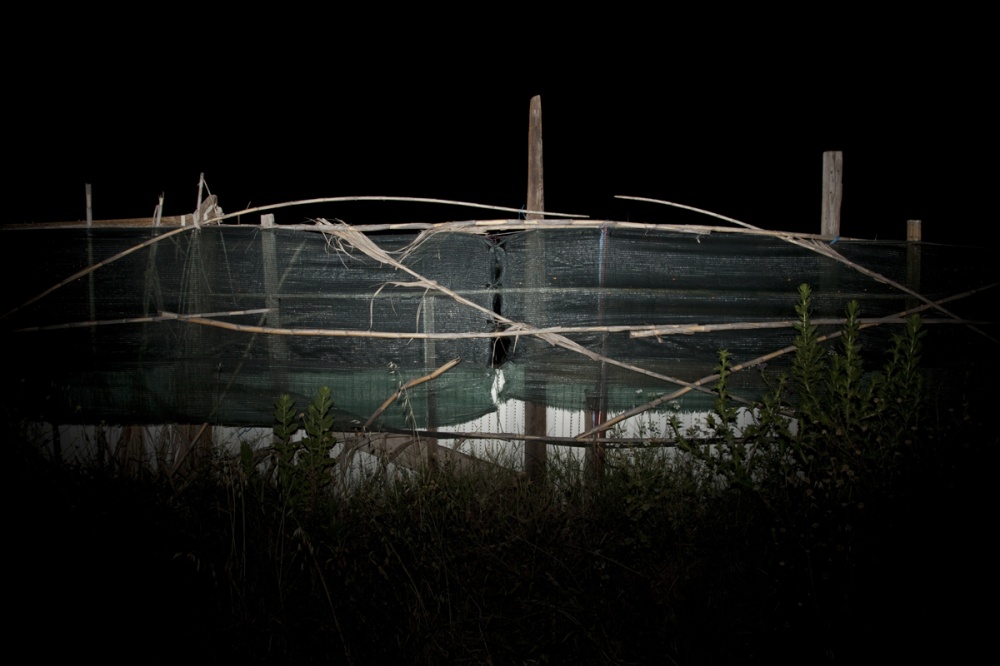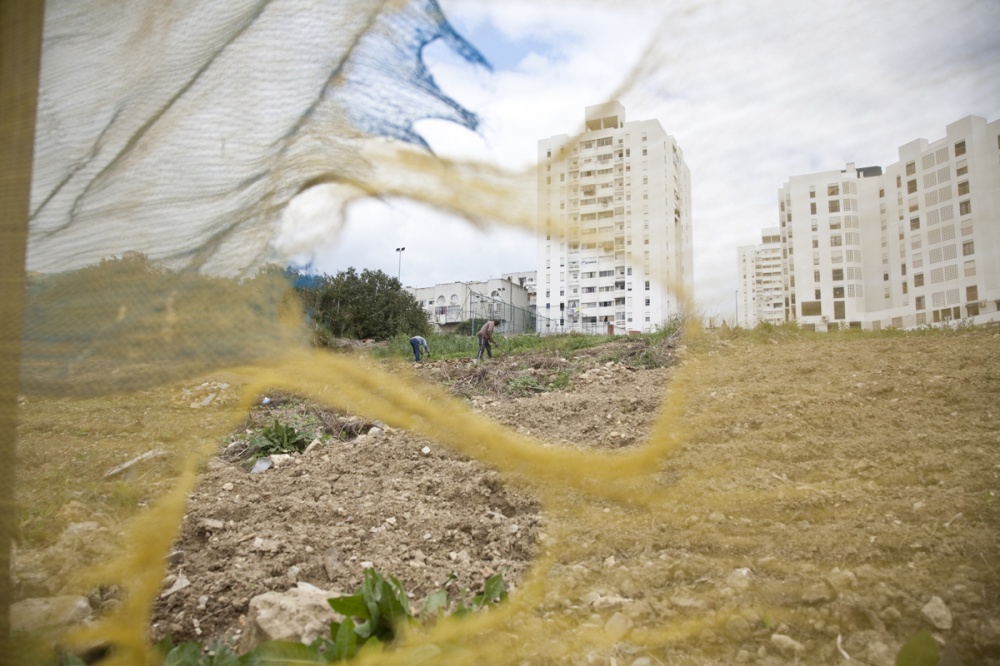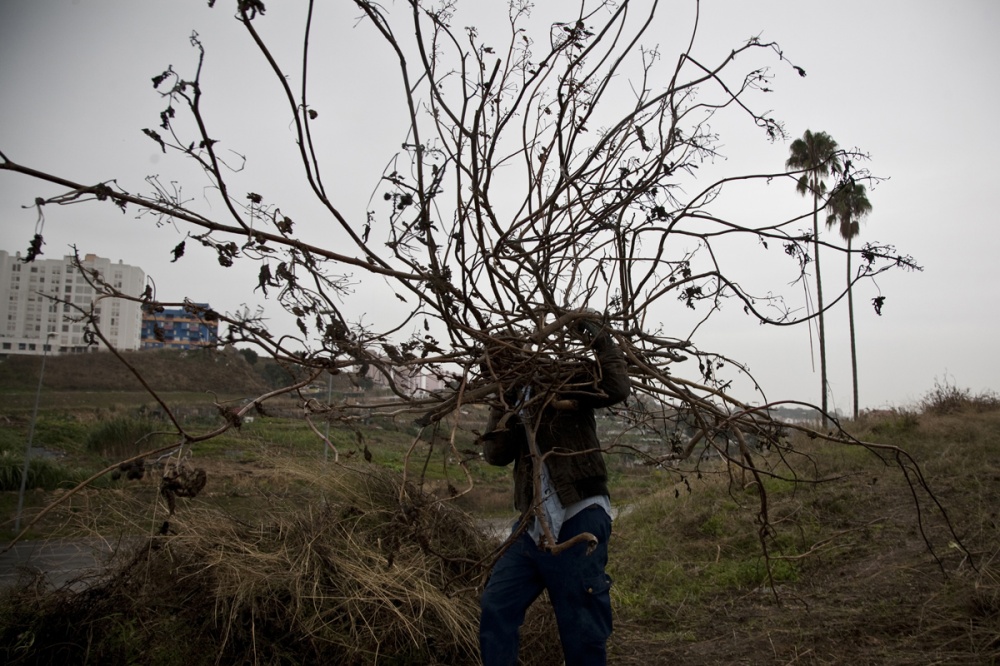When I moved to Lisbon in 2010, I was struck by the massive appearance of Urban Agriculture in the City. I was deeply touched by the reasons people cultivate on every little piece of land they might find
- the topic unites so many stories about aspects of human life, urbanisation, social vulnerability, basic necessities and strategies against grinding poverty.
Up to 80 hectares of the city´s area are covered by illegal gardens.
Especially in the suburbs, where the effects of the economic crisis are felt more directly by the local population, an immense growth of agriculturally used wastelands can be observed.
The majority of the people living here consists of immigrants from the former Portuguese colonies such as Capverdian Islands, Angola and Mozambique.
Many of them are long term unemployed, some just find jobs under part time conditions or within the informal labour sector.
Beneath peoples stories, I was also curious about the relationship to „space“ within this topic. The land in between the quarters, wasteland without any function, is public space. What happens when it becoming reconsidered private, through spontaneous invasion and agricultural reappropriation by the people who live nearby?
Which kind of importance does the land get for the individual?
The areas are becoming strategies for survival against the effects of urban pauperization by supplying an additional socioeconomic surplus for the families occupying them.
Instead of idealism or as a political statement, people here are driven by the necessity to cultivate the urban space.
They become urban farmers starting to cultivate their own crops such as cabbage, beans, potatoes, onions, etc.
Free land is getting rare, and in order to demarcate the appropriated territory the self made fences, stuck together by material collected among the urban waste on the streets, grows every day.
I started visiting some farmers, and now after two years I look back on so many moments and insights we shared.
Asked for their motivation, most farmers reply, that it´s still better to work in their garden then passing their days doing nothing or drinking in the bar. But many also refer to the environment, as the last resort of support by constant growing.
Most of them once left countryside for the hope of a better life in the city,
now that this hope is gone, nature is the only refuge where they still trust in, where they still know that their work on cultivating will have any visible effect.
But the gardens are full of personal histories. It is so essential that people feel useful.
_______________
By accompanying some protagonists, the world of the inner-city-gardens becomes visible with some of the inherent aspects:
The urban poverty, which drives Maria and Antonio to collect wood on the streets which they use to prepare their everyday meals in their garden, in order to save gas in their small flat.
Francisco, for whom his harvested products are an important good for changing them with other valuables such as meat, tobacco etc, otherwise impossible for him to achieve.
Zé, who collects and stores water for his plants where and whenever he can, in order to cope with the long and dry Portuguese summer with hardly any rain.



































